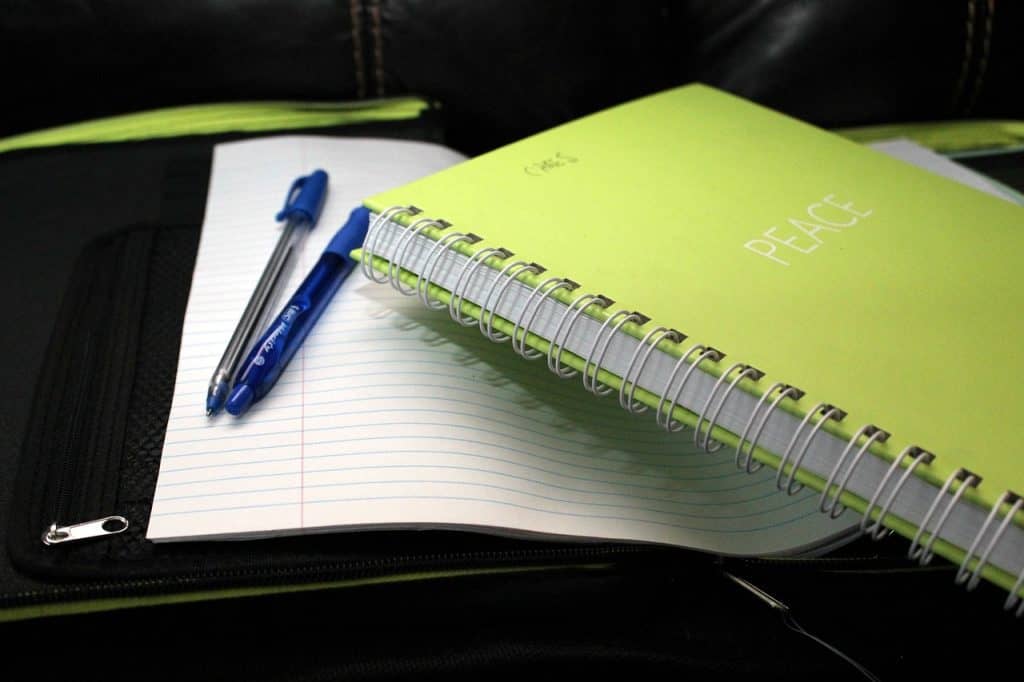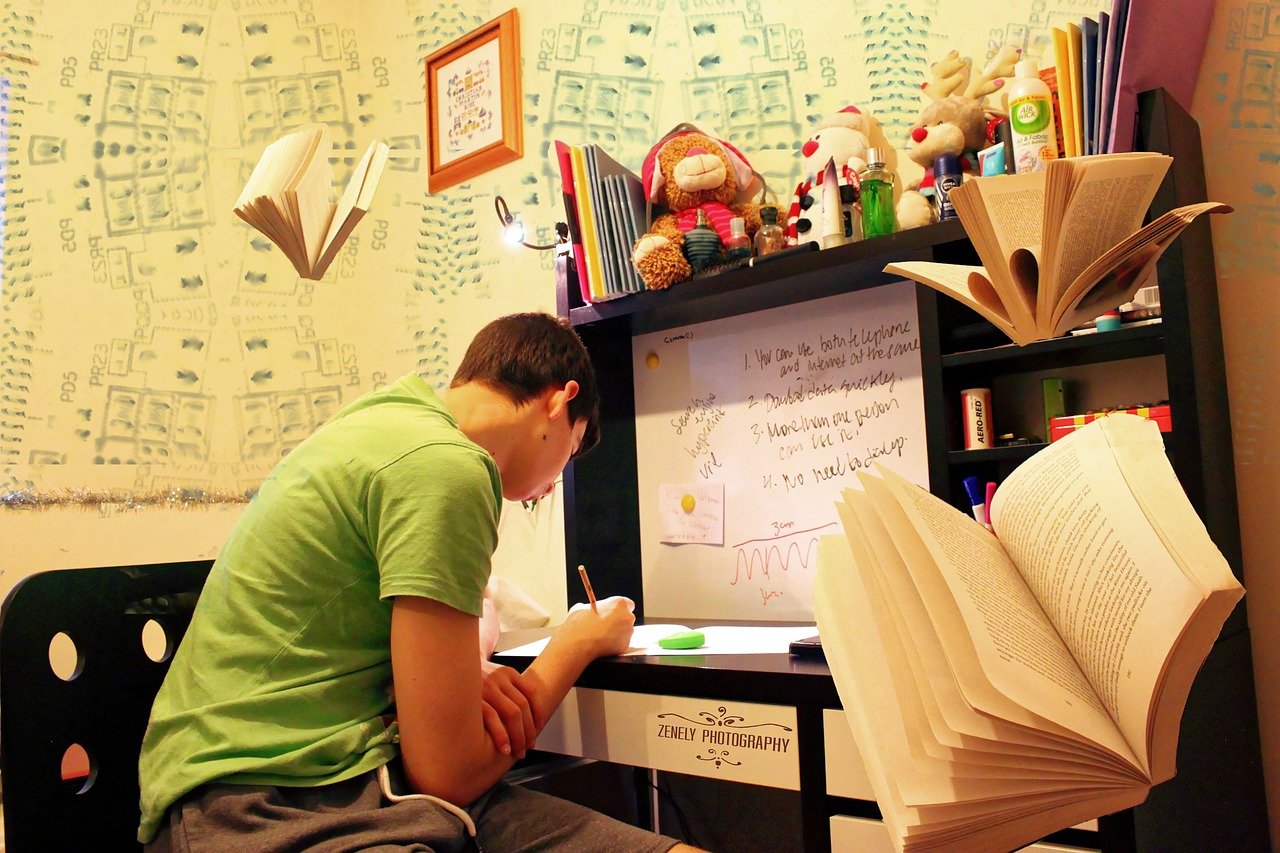This is part 3 of a series of posts aimed at effective study and exam techniques.
9: The day of the exam
Arrive at the exam centre with time to spare, allowing for possible hold ups. However, you don’t need to wait outside the exam room, Perhaps you can listen to music in the car, and glance at the one sheet summary you have produced.
You can get to the exam room just on time and leave afterwards. You don’t want to get sucked in to someone else’s panic before hand or to take part in the post mortem where people seem to want to out do each other on how bad it went, or try to guess who got it right. You will probably have another exam the next day, so best to do all you can to stay calm.
Remember the examiners are on your side and are looking to give you marks not to take them away.
Don’t panic – if you find yourself getting tense and worked up, focus on your breathing. If it’s quick and shallow, breathe deeper and slower and allow any negative thoughts to drift away.
Chewing gum can also help to calm you down, so take a packet in to the exam room with you.
If you have a lucky toy or pen then take it with you, it can help to decrease anxiety.
10: In the exam room
Read the paper, highlight the number of questions you need to answer and divide your time accordingly. If one question gives you 50% of the marks, you will want to spend 50% of your time on it.
Read through all the questions and identify those you know you can answer and those you will struggle with. Answer the ones you can do first, it will increase your confidence, and you don’t need to answer questions in order.
Spend the first 5 minutes or so planning what you are going to write. This will help to give structure to your answers.
Make sure you are answering the question and not doing a brain dump. Do not write every thing you know, but do what it asks you to – compare and contrast etc. Highlight the key words to keep you focused.
Show you understand the question by restating it, and never assume anything is too simple to include. If you don’t have time to finish, make sure you attach any rough notes, with the question number clearly stated.
If you don’t know the exact date, it doesn’t matter. Make sure you describe the key points. If you were studying history, knowing the date of a key battle in the War of the Roses (1471) is less important than being able to describe the reasons for battle and its impact.
For the questions you aren’t sure about, take a few minutes to note down what you do remember against each. Breathe deeply, make a choice and go for it. Write out the question at the start, and weave what you do know against the question rather than waffling on about things that do not relate.
It helps to allow some time at the end to read through what you have written in case you have made a silly mistake.
If you mess up on your time and find you only have 15 minutes left for the last question, its is better to put down what you were going to say in bullet points as you will get more information on paper this way.
After the exam, forget about it. Whether you have done well or not, it’s over. So relax as you will probably need to get focused on the next one.
Multiple choice questions
Be an active reader. Anticipate the answer to the question and then look for it.
If you have no idea you can leave it blank, but do go back and add something, you may be right.
11: Waiting for the results
The exams are over, now you need patience till the results are out.
What can help for next time is to make a note of what worked for you, and what didn’t. What do you want to do next time? You can make a note and read it through next time.
I’d suggest that you now enjoy yourself and get on with your life. It’s probably gone fine but if not you can re sit or reconsider.
What may help is knowing how best you learn. Some people learn best though reading – they can read articles and text books and have a good recall of what they have read. Other people find that the words just don’t go in when they read, but they are more likely to remember things that they hear. So they should go to lectures, and record their notes so they can play them back. Some other people have much better recall through using mind maps and should use this technique at every opportunity,
If you would like to know more on this, you may be interested in the Highlands Ability Battery assessment.





